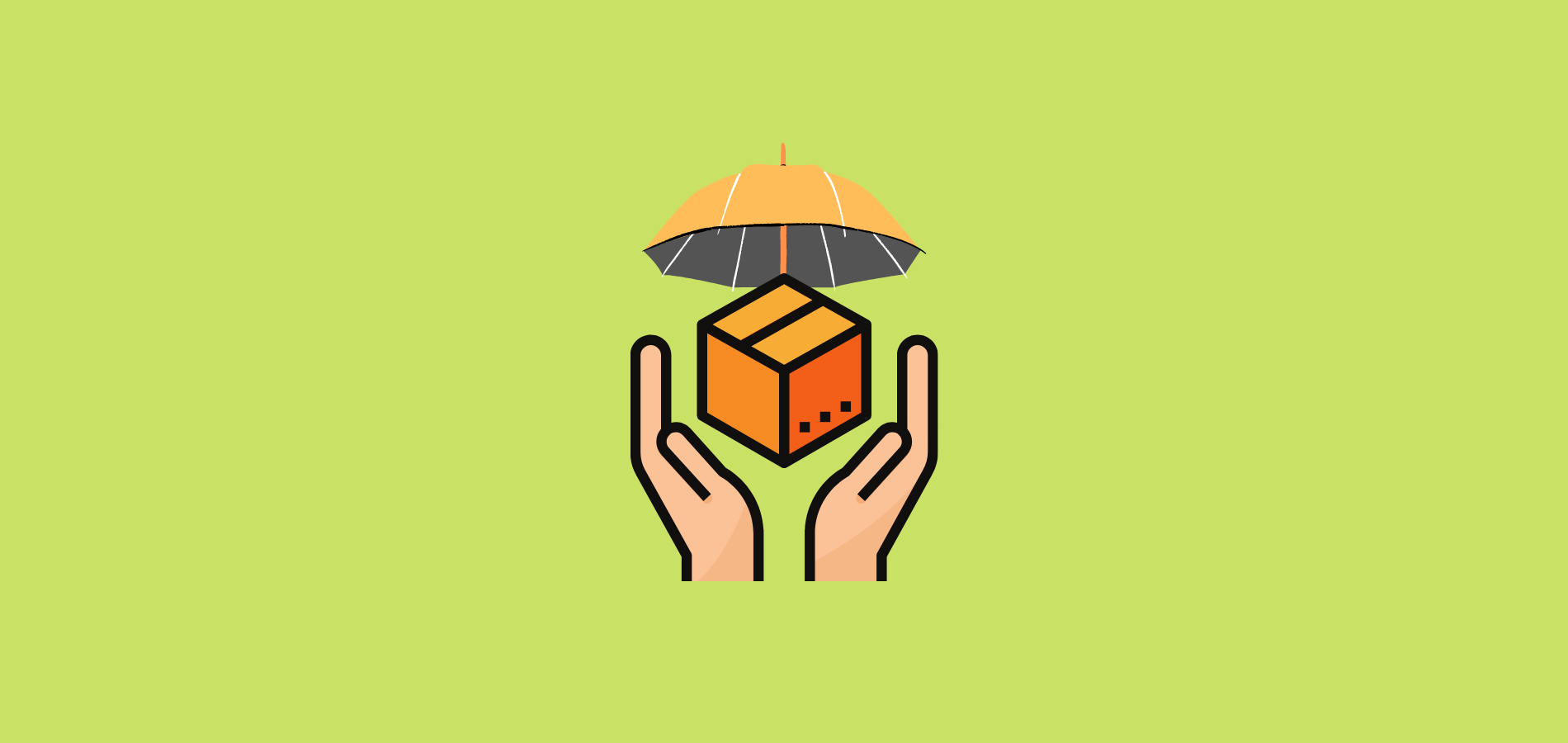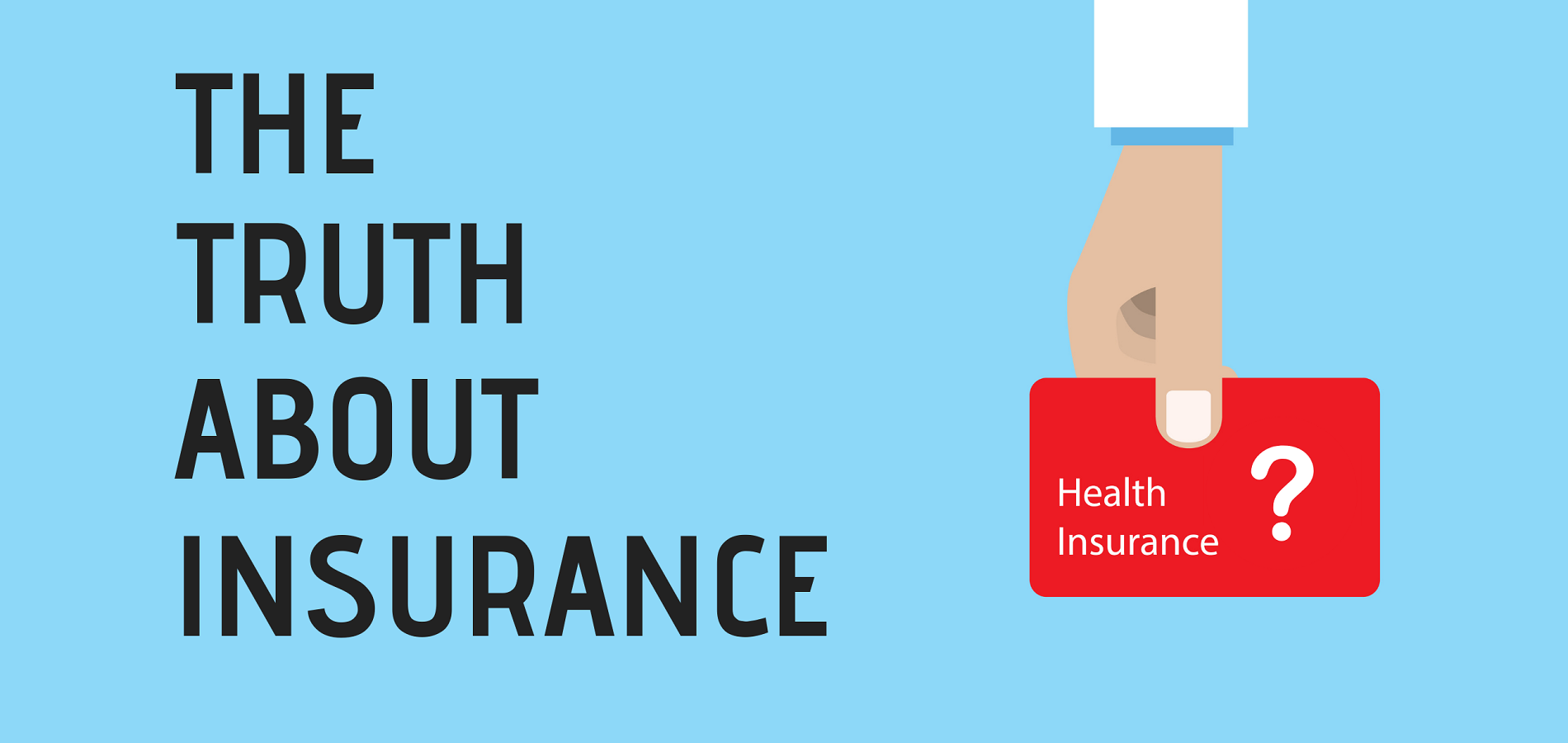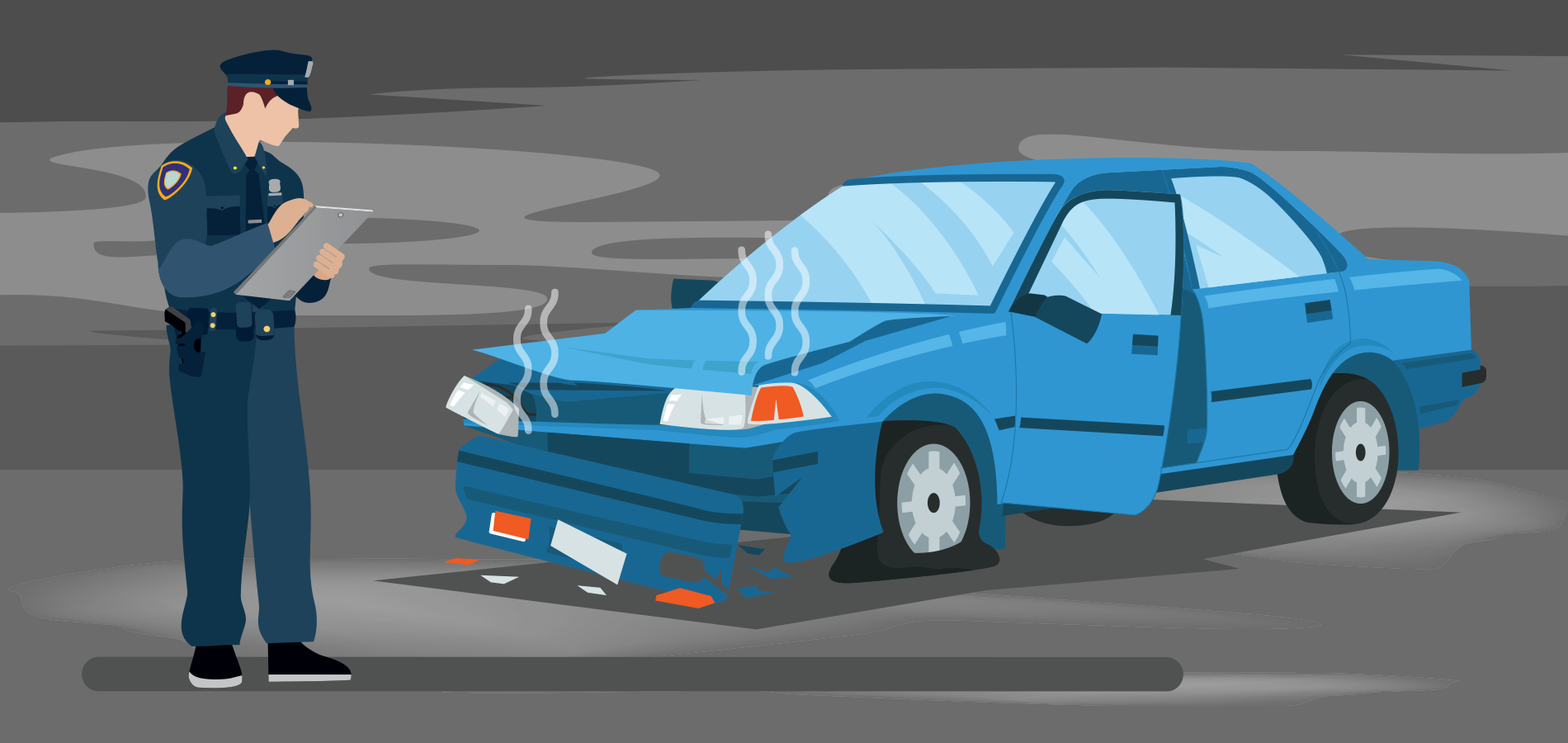Product liability insurance provides important protection for companies involved in the manufacturing and distribution of consumer products. Unfortunately, sometimes a consumer is injured or becomes ill while using a product – and launches a lawsuit. Read on to learn more about this type of insurance and why you should have it.
What is product liability insurance?
A customer says his toddler choked on a toy. A woman claims a skincare product caused burns to her skin. A man purchases some yogurt and later becomes sick. These are all examples of situations in which consumers have sued, claiming bodily injury or illness due to a problem with a product.
Product risk insurance provides protection for these types of claims. It’s important that every company involved in the chain of business be insured. This could include the manufacturer, distributor, wholesaler or importer.
Let’s look at the yogurt example. The manufacturer is in the United States. A Canadian grocery chain imports the product and sells it in its stores. The retailer hires a refrigerated trucking company to transport the yogurt from the US to Canada.
In this case, all of these companies (and perhaps more) involved in the chain need product liability insurance. There may have been a malfunction in manufacturing. Or maybe the refrigeration on the truck or in the store was not working properly and the product went bad. Everyone needs to be protected with insurance.
What is covered under product liability insurance?
Product liability insurance provides financial compensation in the event that a consumer makes a complaint or files a lawsuit for bodily injury. It can include compensatory costs paid to the injured party. As well, it will usually cover your legal fees to respond to the lawsuit. It can also reimburse you for the cost of recalling a product from store shelves.
Companies can face claims if product labelling and safety warnings are not sufficient. For example, after people were burned by spilled hot coffee, takeout cups now include a caution for consumers: “The beverage you are about to enjoy is extremely hot.”
Product liability insurance policies often have a maximum payout – sometimes this can be as low as $1 million. Depending on the size of your company and its revenues, you need to consider whether this is sufficient in the event of a major lawsuit involving many consumers.
In addition, you will need to find an insurance company that is willing to insure your products. Due to high risks, some firms refuse to cover cannabis, tobacco, contraceptives and other items.
Product liability insurance only applies to products. If your company delivers services, such as legal and accounting advice, you will need errors and omissions insurance.
How much does product liability insurance cost?
The product liability insurance quote will vary widely depending on a number of factors:
- The sales volume and revenue of your product: If you are manufacturing millions of items for worldwide distribution, it will cost more. On the other hand, you will get a lower price if you are only selling in Canada.
- Risk associated with the product: As we indicated above, some insurers believe that many types of products are just too risky to cover. If there have been a number of lawsuits launched against companies offering similar products to yours, insurers may charge a higher premium.
- Claims history: If you have had to file a claim with a previous insurance company due to a product liability problem, insurers may be reluctant to offer coverage.
- Coverage limit: Your premiums will be higher if you need $15 million in coverage as compared to $1 million. As we have noted, some companies only offer a basic limit of coverage.
When looking for product liability insurance, contact your insurance broker. They will be able to help you find the coverage that you need.
More product liability insurance examples
Here are some cases where insurance helped companies deal with product problems.
Contaminated spices: A global spice manufacturer found that its products were contaminated by peanut protein. A number of consumers suffered allergic reactions because there was no labelling indicating that peanuts were in their spices. Product liability insurance not only helped with lawsuits, it helped pay for a recall of the firm’s spices from grocery shelves.
Faulty parts: With today’s global supply chain, manufacturers source parts from many countries. A washing machine firm used an outside supplier for its hoses. The supplier delivered hoses that were smaller than the specifications. As a result, the hoses malfunctioned and some people were scalded; in addition, property was damaged by leaking water. The manufacturer’s product liability insurance covered the injuries to consumers and the water damage.
Do you need product liability insurance?
It’s not just product manufacturers who need this insurance. Any company involved in the entire product chain should have it. This can include the suppliers of parts and raw materials, wholesalers, distributors and retailers. Product liability lawyers will often name all parties in lawsuits until the evidence shows which party (or parties) was responsible for the problem.
List of product liability insurance companies
Here are two of the product liability insurance companies in Canada. They will be able to provide you with a product liability insurance quote.
As we have already indicated, it’s important to check with the insurer to see if they cover products in your sector and to know their maximum liability coverage.
Does your company need product liability insurance?
All companies involved in the chain of manufacturing and distributing a product should have this type of insurance. Contact your insurance broker for a product liability insurance quote.





